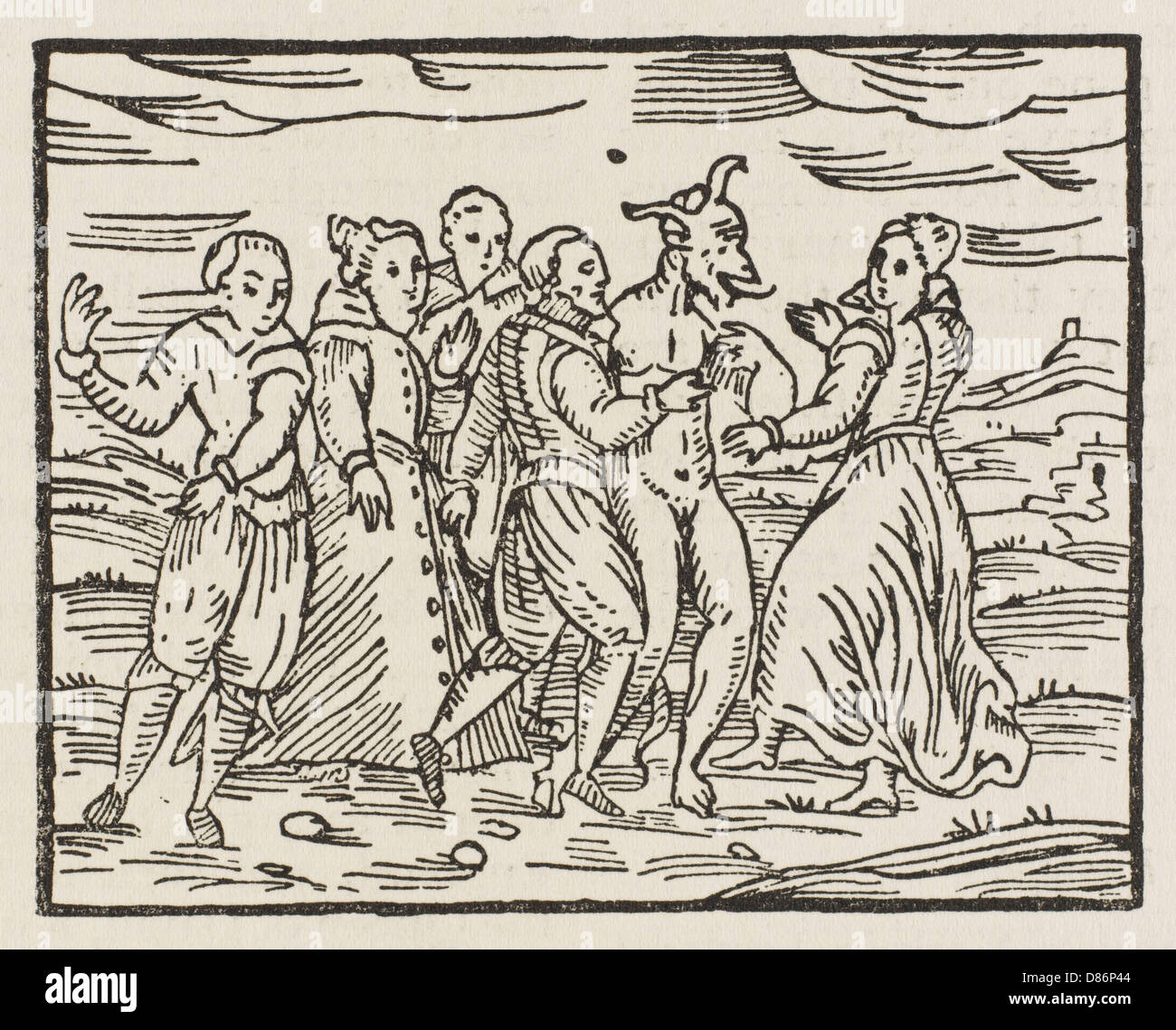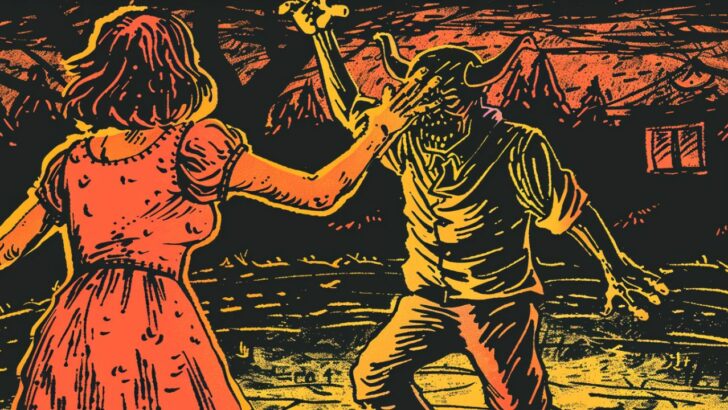Outline dance with the satan. This exploration delves into the advanced and sometimes paradoxical relationship between humanity and temptation, exploring the motivations behind embracing the darker facets of our nature. It is a journey into the murky depths of human want and the delicate attract of transgression, questioning the traces between good and evil.
Defining “dance with the satan” typically entails calculated dangers and potential pitfalls. Contemplate the implications of taking probabilities, particularly when navigating tough conditions. For instance, exploring three-letter phrases beginning with ‘i’ ( 3 letter words starting with i ) can illuminate delicate nuances within the phrase’s deeper which means. Finally, the expression signifies a willingness to confront difficult circumstances and settle for the potential penalties.
This intricate dance with the satan isn’t merely a metaphorical idea. It represents a strong, albeit harmful, psychological phenomenon. Understanding its nuances requires inspecting the underlying forces that drive people in direction of doubtlessly harmful selections.
The phrase “dancing with the satan” evokes a strong picture, one in every of precarious stability and doubtlessly disastrous penalties. It suggests a detailed, typically uncomfortable relationship with one thing inherently harmful. However what precisely does it imply? This text delves into the varied interpretations of this evocative phrase, exploring its historic context, metaphorical functions, and the nuances of the dangers concerned.

Historic Roots and Cultural Context: Outline Dance With The Satan
The idea of “dancing with the satan” is not a contemporary invention. Tracing its roots reveals an interesting interaction of folklore, faith, and societal anxieties. From historical tales of pact-making with darkish forces to extra modern expressions of ethical compromise, the underlying themes stay remarkably constant. [Image: Timeline depicting the evolution of the “dancing with the devil” metaphor across different cultures and time periods]
Defining “dancing with the satan” typically implies a willingness to interact in dangerous or doubtlessly dangerous habits, akin to taking a big gamble. This typically entails being fully captivated and, effectively, “heads over heels” in a state of affairs. Understanding what “heads over heels” means is vital to totally greedy the implications of such a selection. heads over heels meaning Finally, the phrase “dancing with the satan” stays a potent metaphor for calculated or unconscious risk-taking.
The Metaphorical Dance
Past the literal interpretation, “dancing with the satan” features as a potent metaphor. It speaks to a relationship with dangerous influences, whether or not they’re private flaws, poisonous environments, and even doubtlessly harmful ideologies. This metaphor highlights the dangers inherent in participating with one thing that, whereas doubtlessly tempting or alluring, carries the seeds of hazard. [Image: Venn diagram illustrating the overlaps between various interpretations of “dancing with the devil”
-personal, societal, and political]
The Attract of the Forbidden, Outline dance with the satan
One key side of this metaphor lies within the attract of the forbidden. The satan, in lots of cultural representations, embodies temptation and the transgression of societal norms. This duality – the attract of the forbidden alongside the information of its potential peril – is essential to understanding the “dance.” [Image: A stylized illustration of a person caught between temptation and fear, representing the “dance with the devil”]
Navigating Sophisticated Relationships
The metaphor may prolong to advanced relationships, the place one celebration exerts undue affect or energy over one other. This might be a poisonous relationship, an abusive energy dynamic, and even the wrestle to stability private needs with moral obligations. The “dance” in these instances represents the troublesome navigation of those often-uncomfortable realities. [See also: Understanding and Managing Toxic Relationships]
The Risks of the Dance
The phrase “dancing with the satan” inherently carries a warning. It underscores the potential for unexpected penalties and the dangers of succumbing to temptation or dangerous influences. These risks can manifest in numerous types, from private setbacks to societal crises. [Image: A graph demonstrating potential negative outcomes associated with engaging with dangerous or harmful situations, highlighting the severity of these potential consequences.]
Defining “dance with the satan” typically entails navigating a fancy panorama of threat and reward. Contemplate the nuances, exploring the delicate interaction of calculated strikes and potential pitfalls. This idea, in a broader sense, mirrors the strategic dance between alternative and peril, particularly when inspecting the much less frequent, but intriguing, 2 letter phrases with aq. 2 letter words with aq.
Finally, the core precept stays – understanding the potential penalties of selections, and easy methods to navigate them efficiently.
Penalties of Compromising Rules
Compromising core rules or moral requirements can typically be seen as a type of “dancing with the satan.” The fast gratification or perceived advantages could appear engaging, however the long-term repercussions may be profound. [Image: A symbolic illustration depicting the long-term effects of a short-term gain.]
The Significance of Self-Consciousness
Finally, recognizing the warning inherent within the phrase “dancing with the satan” hinges on self-awareness. Understanding the potential dangers and acknowledging the boundaries of our personal consolation zones are essential steps in navigating doubtlessly harmful conditions. [See also: Strategies for Enhancing Self-Awareness]
Defining “dancing with the satan” typically entails a nuanced exploration of threat and reward. It is about understanding the potential for each optimistic and adverse outcomes, a fragile stability typically highlighted in creative expressions just like the six-line poem NYT six line poem nyt. Finally, “dancing with the satan” stays a potent metaphor for navigating advanced conditions with calculated steps and a eager consciousness of the inherent risks.
Conclusion
The phrase “dancing with the satan” is greater than only a colourful idiom; it is a potent metaphor for the challenges we face when confronted with temptation, dangerous influences, and troublesome selections. By understanding the historic context, the metaphorical functions, and the potential risks, we will higher navigate these complexities and try to keep up a wholesome stability in our private {and professional} lives.
What are your ideas on the phrase “dancing with the satan”? Share your experiences and insights within the feedback beneath. Remember to share this text on social media and discover different associated subjects.
In conclusion, the exploration of “outline dance with the satan” highlights the intricate interaction between temptation, private company, and the results of our selections. It is a reminder that the trail we select, even within the face of darkness, finally shapes our future. Additional investigation into the motivations and psychological elements at play might be important to totally grasp this multifaceted idea.
Defining “dancing with the satan” typically entails navigating advanced conditions. Understanding slang like “hyd,” as in what does hyd mean in text , can provide beneficial context when exploring the nuances of such metaphorical expressions. Finally, the phrase nonetheless boils right down to going through troublesome selections and potential dangers head-on.
FAQ Compilation
What are the important thing motivations behind selecting to “dance with the satan”?
The motivations behind embracing temptation are diverse and sophisticated, typically rooted in a want for energy, management, or a way of freedom. They will also be pushed by a necessity for validation or a craving for a special, typically extra thrilling, expertise.
What are the potential penalties of dancing with the satan?
Penalties can vary from emotional turmoil and social isolation to important monetary loss, profession injury, and even authorized repercussions. Finally, the worth of such selections is commonly excessive, with long-lasting impacts on private well-being and relationships.

How can one resist the temptation to “dance with the satan”?
Creating sturdy self-awareness, cultivating wholesome coping mechanisms, and surrounding oneself with a supportive community are essential steps. Recognizing patterns of harmful habits and in search of skilled steering when wanted will also be important in navigating these difficult conditions.
Is “dancing with the satan” inevitable?
Whereas the idea touches on the common human expertise of going through temptation, it does not essentially indicate that such a selection is inevitable. With acutely aware decision-making and proactive methods, people can typically keep away from harmful paths.




